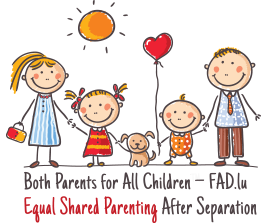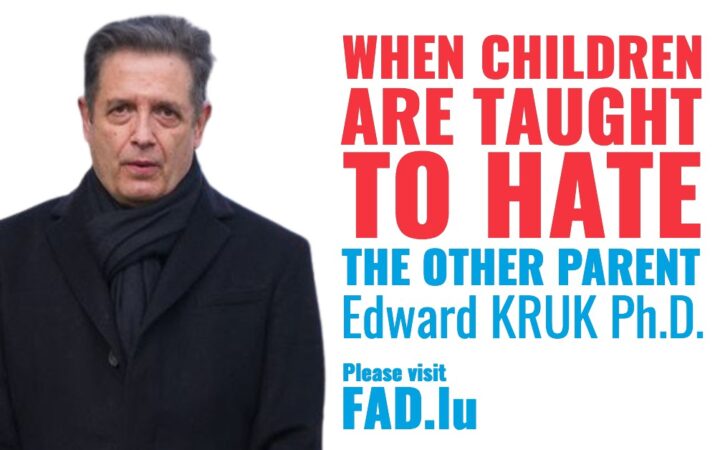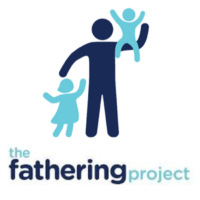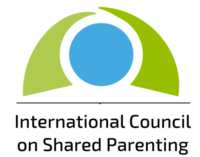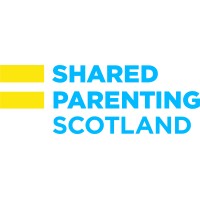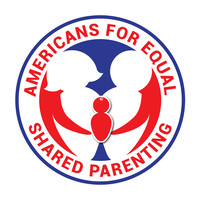Shared Parenting
KRUK conducted research on shared parenting after divorce or separation, particularly highlighting the importance of the father’s involvement to the children’s well-being. He has studied the impact of family separation on estranged fathers.[2][3][4][5] KRUK also researched children’s reactions to shared parenting and the family court system.[6][7]
KRUK has studied the effect of mothers who have lost custody rights. He noted that when court systems are accused of favoring mothers in the United States and Canada, the courts responded with an increased ratio of legal determinations of paternal custody as opposed to shared parenting. This places a mother’s relationship with their children at serious risk. Taking an international perspective, KRUK has noted that the gender aspect of the shared parenting discussion is very different across the world. In countries like Iceland, shared parenting is seen by women as an important gender equality issue. In contrast, many women’s organizations in Canada and the US are against shared parenting, with some going so far as to characterize it as a « fathers’ rights conspiracy ». In other countries, such as Turkey and Iran, shared parenting is seen by women as an important women’s rights issue, as sole paternal custody is the current norm. KRUK has concluded that « the characterization of parental alienation and shared parenting as ‘fathers’ rights’ issues has rendered invisible the plight of many mothers, and negatively affected the global campaign to establish shared parenting as the foundation of family law as a fundamental right of women and their children. »[8][9][10]
KRUK has also evaluated reasons for push-back against shared parenting. According to KRUK, there have been three waves of criticism against shared parenting as a legal presumption and the default custody arrangement. In the first wave, shared parenting was considered outlandish because children need one primary parental figure to bond with, child development suffers from frequent moves between two households, and one should not disrupt the « status quo ». When scientific research disproved these assumptions, a second wave of criticism argued that shared parenting increases parental conflict and is only suitable for parents who get along well as co-parents. After research again disproved this claim, a third wave of criticism acknowledged that while shared parenting may be the best solution for most children, there should be no presumptions in custody proceedings, so that each judge can decide what arrangement is in the best interest of a child.[11][12]
Grandparents and Grandchildren
As part of his work on family mediation, KRUK determined that it was important for the children of divorced parents to have an active relationship with their grandparents. He concluded that grandparents « often play a vital role in helping grandchildren adjust to the consequences of parental divorce, providing a sanctuary for the emotional needs of their grandchildren at a time when parents, faced by the multiple losses and transitions attendant to divorce, maybe less emotionally available and responsive to their children. »[13][14][15]
Parental Alienation
KRUK and colleagues have argued that parental alienation is similar to the historical, social, and political denial or other forms of abuse in many parts of the world, such as child abuse a century ago. They have defined it as a form of family violence. To prevent and overcome parental alienation, KRUK has argued for establishing shared parenting as the foundation of family law, effective legal enforcement parenting orders, professional recognition of parental alienation as a form of child abuse, and the provision of effective treatment programs and reunification services for alienated parents and their children.[16][17][18][19]




